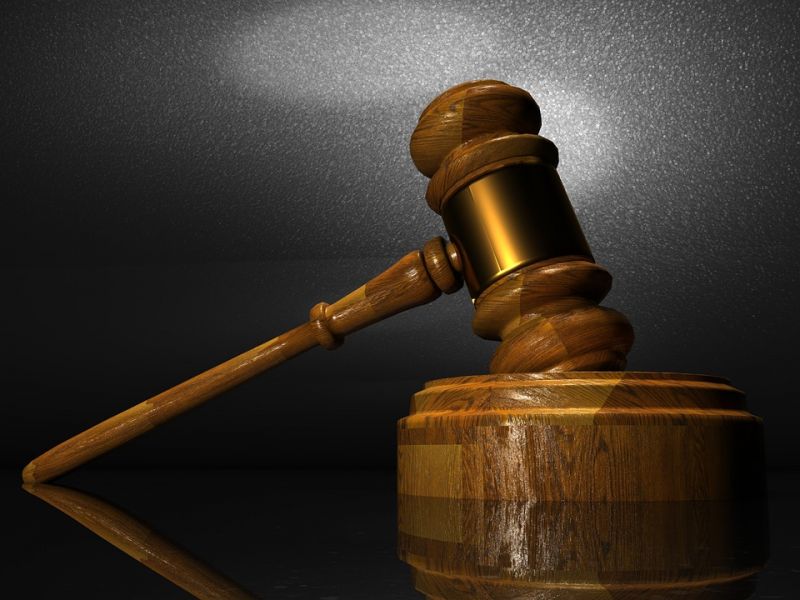New Delhi: The Supreme Court on Friday dismissed activist Teesta Setalvad’s petition seeking to defreeze her bank accounts in Gulbarg Society fund embezzlement case.
A bench headed by Chief Justice Dipak Misra was hearing the matter.
Teesta, her husband and the two NGOs – Sabrang Trust and Citizens for Justice and Peace – approached the apex court challenging the October 7, 2015, verdict of the Gujarat High Court, which had rejected their pleas for defreezing their personal bank accounts.
Earlier in July, the apex court rejected an appeal from Setalvad for relief from charges of corruption and misappropriation of funds in this issue.
The court had asked Setalvad to face trial in the case registered against her and her husband and said the chargesheet had already been filed in the case.
Earlier on July 5, the top court reserved its order on her plea regarding defreezing of her bank account and the NGOs.
Then, a division bench of the apex court, headed by Justice Misra and comprising Justice A M Khanwilkar, was hearing the arguments.
The Gujarat government told the top court that Setalvad had allegedly spent the NGO money meant for secular education for her personal purpose, including liquor consumption.
Setalvad rejected the allegation and told the court that the state government was harassing her and wanted to paralyse her activities.
She told the apex court, “Only Rs 7,850 were spent on liquor over seven years and the expenditure was approved by the Ford Foundation which donated money. Is it a crime?”
One of the residents of Gulbarg Society had filed a complaint against Setalvad and others alleging that the money was raised to make a museum at Gulbarg Society in the memory of those killed during the 2002 Gujarat riots, but it had not been utilised for the purpose.
The High Court had upheld the verdict of a lower court in this regard observing that the probe was at a serious point.
In their plea before the apex court, the petitioners have alleged that their accounts were “illegally freezed” without following the due process of law. (ANI)

